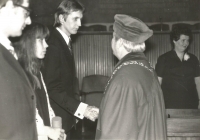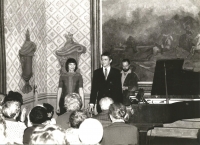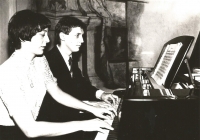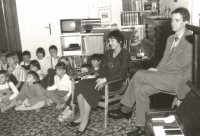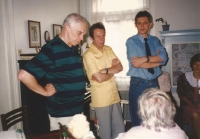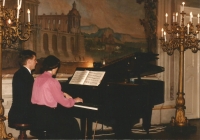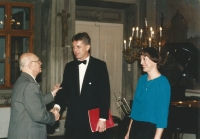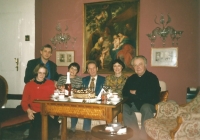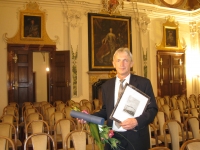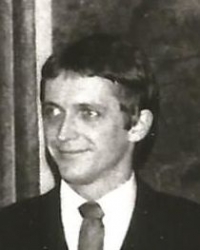I was not put in a situation where I had to make a dramatic decision

Download image
Věroslav Němec is a music editor, musicologist, publicist and pianist. He was born on 16 October 1952 in Ostroměř in the Podkrkonoší region. He graduated from the conservatory in Prague, majoring in clarinet and piano, in 1978. He then studied music education and Czech language at the Faculty of Arts of Charles University. In 1975 he married and for many years he and his wife Jitka performed as a piano duo. In the same year he became editor of the publishing house Editio Supraphon. He was brought there by editor Ivan Medek. Věroslav lives in Prague, where he also lived through the events surrounding the burning of Jan Palach, the signing of Charter 77 and the Velvet Revolution in 1989. Since 2000 he has been the editor-in-chief of the music publishing house Amos Editio. He collaborates with the magazine Harmonie, which has published more than five hundred of his texts dedicated to piano interpretation. In 2012, the publishing house under his leadership was awarded the prestigious Czech Music Council Award.
